Thank you for being part of the Seatopia community and supporting sustainable seafood practices. Together, we can make a difference!
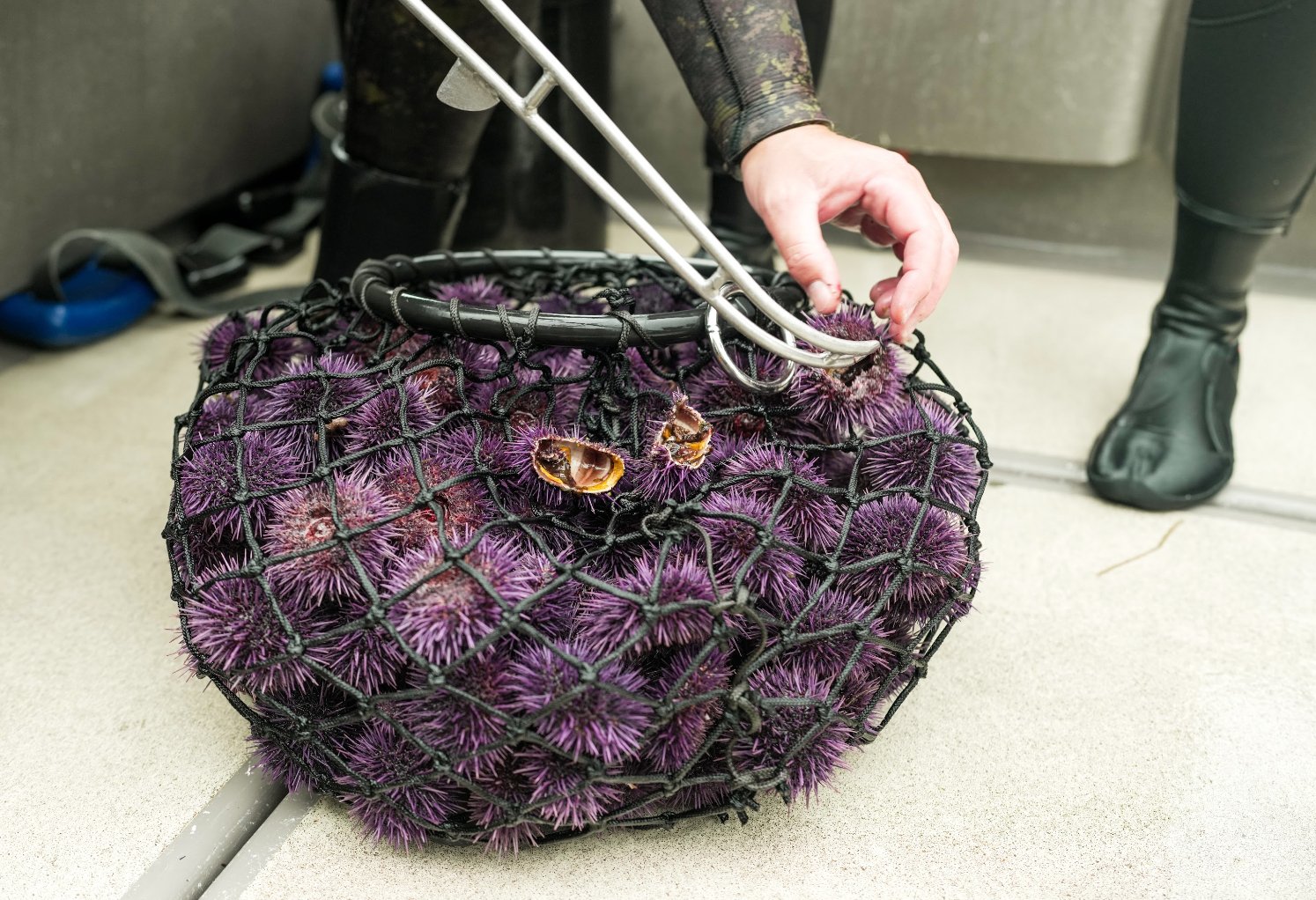
- by Ryan Dranginis
Uni-fy for Ocean Health: Hope in the Water Episode 3, Changing the Menu
- by Ryan Dranginis



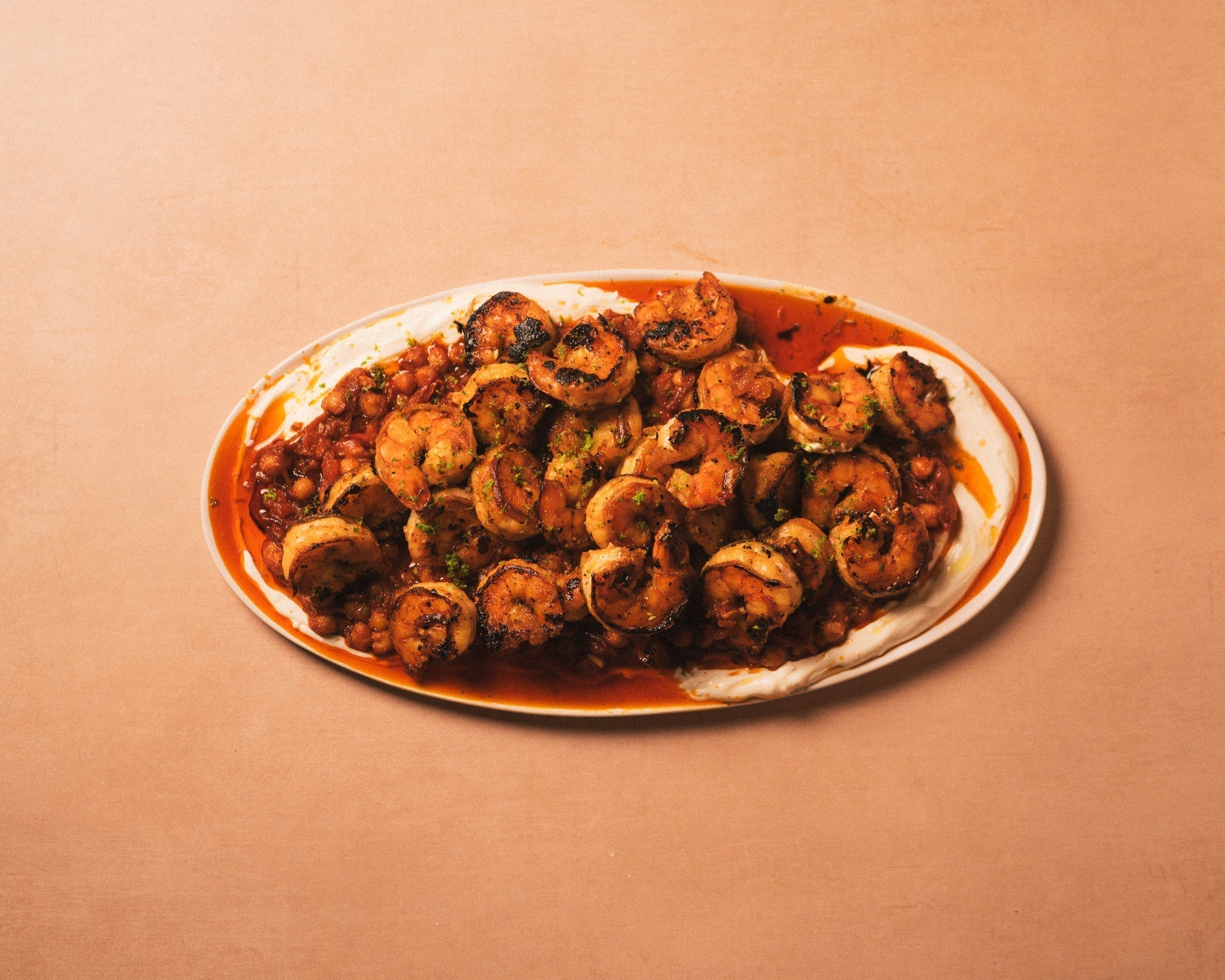
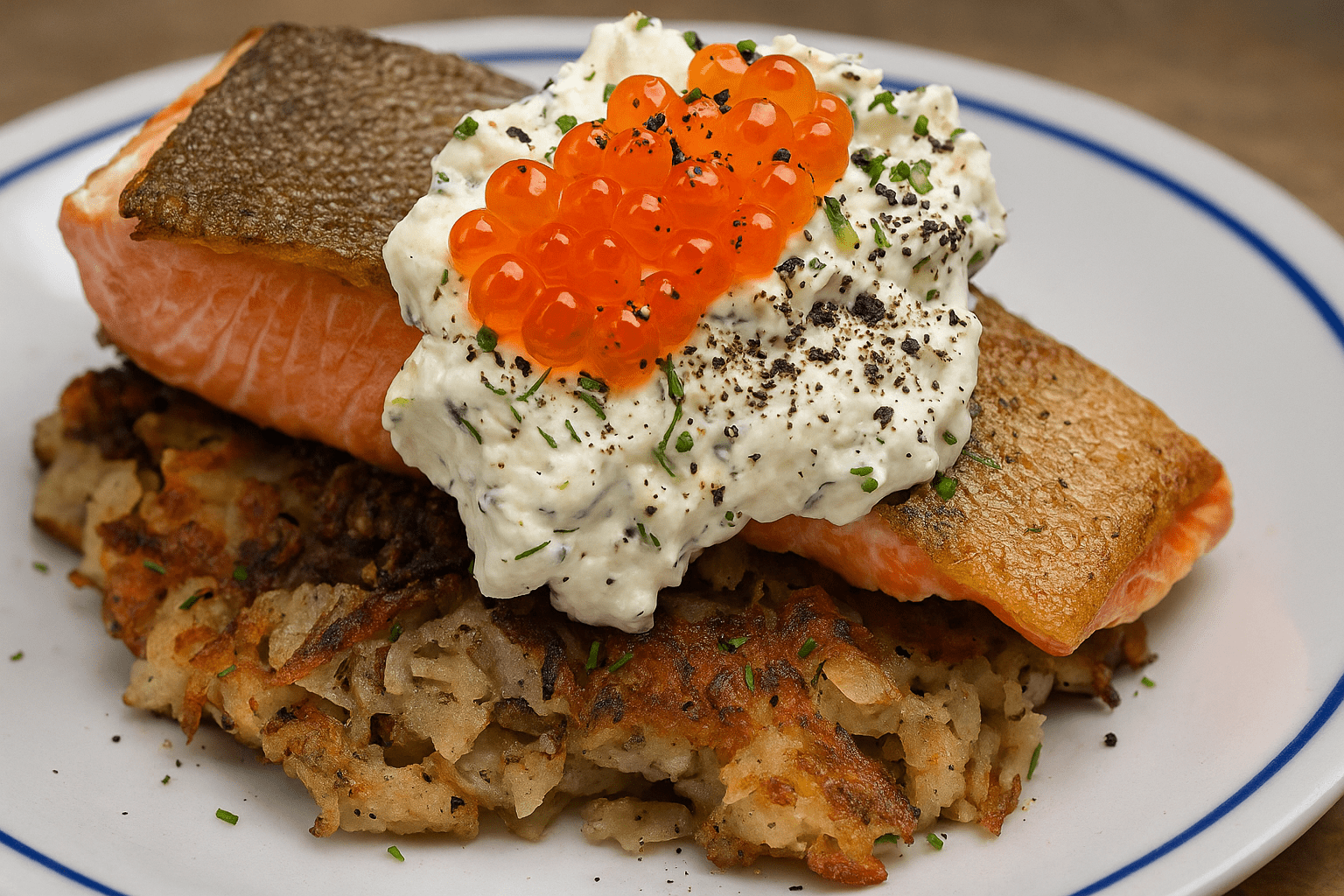
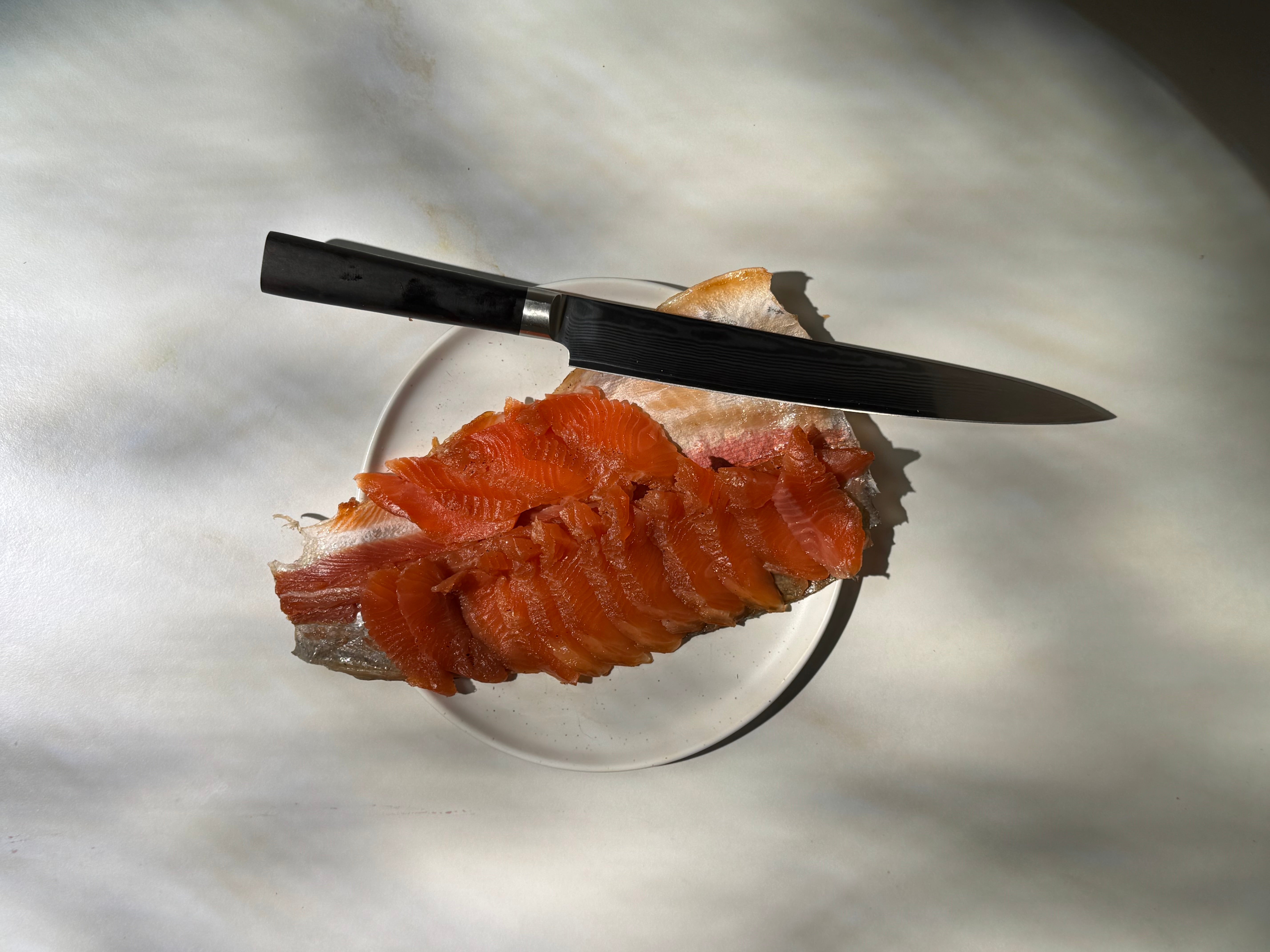
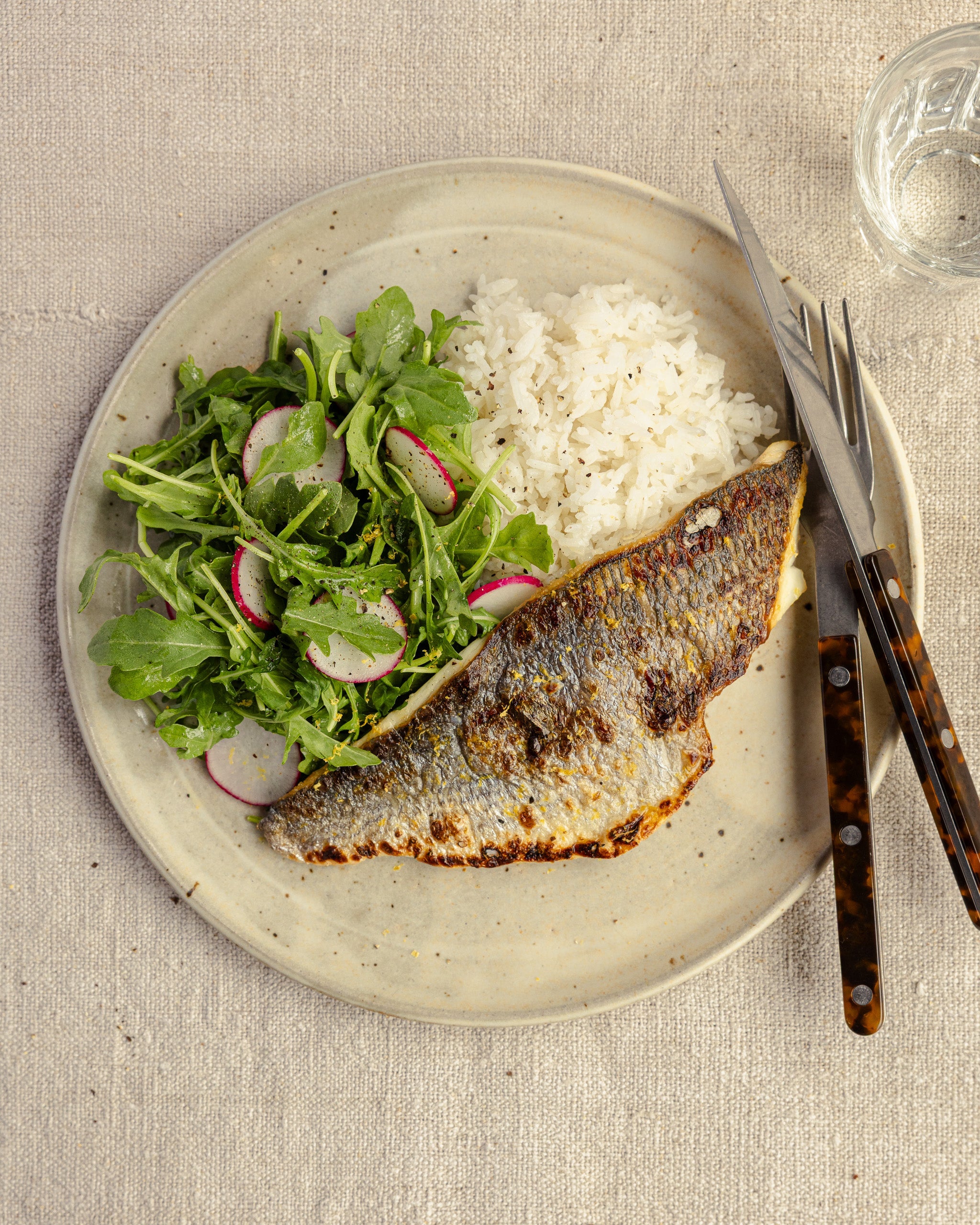

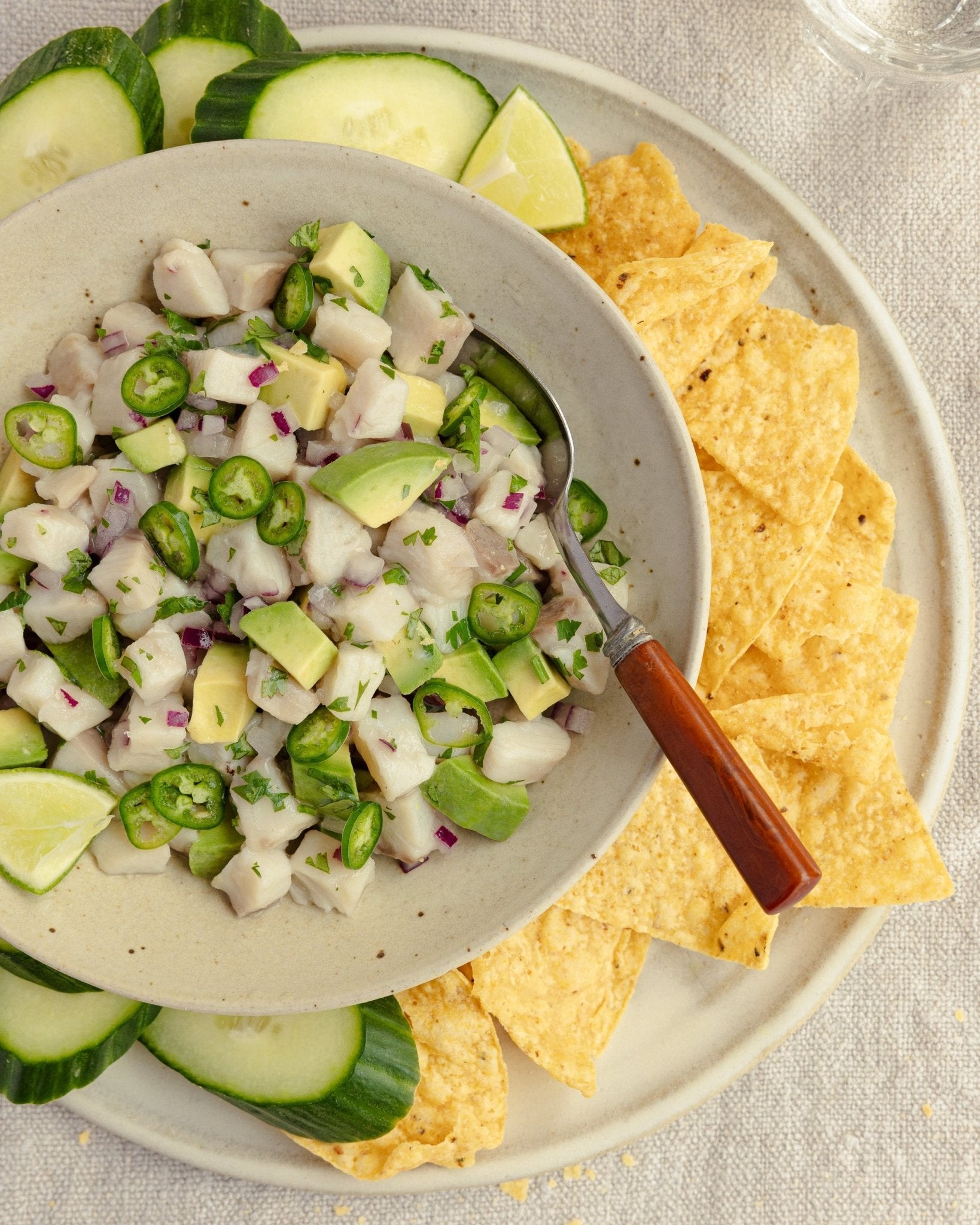
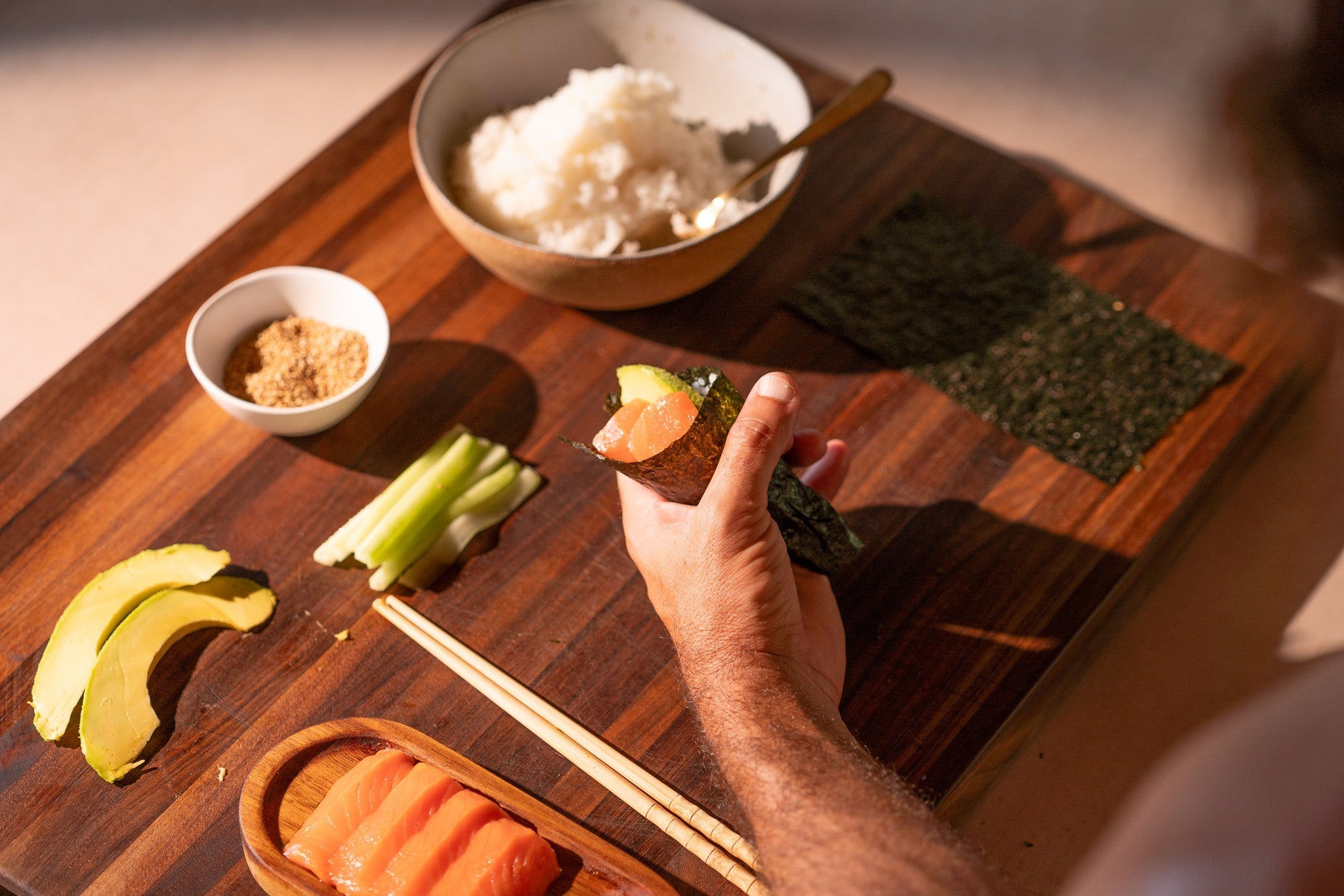
Share:
Unveiling the Truth: The Complex Reality Behind Wild Alaskan Seafood
The Pristine Perception of Alaskan Waters and the Hidden Threat of Microplastics